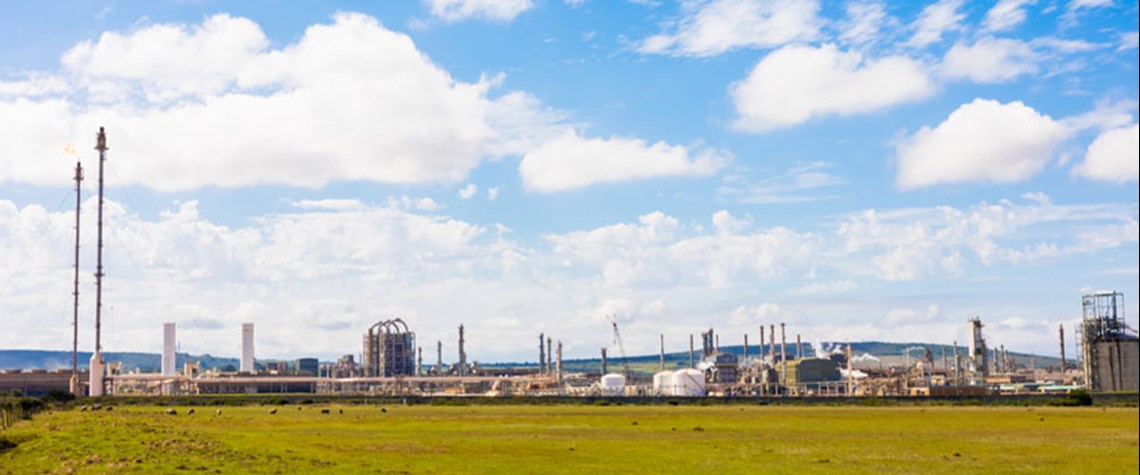South African refiners struggle to compete
Most of the country’s ageing refinery capacity remains offline.
Seven months after a fire at South African fuel company Engen’s Durban refinery, much of the country’s 700,000bl/d nameplate refining capacity remains offline as a handful of ageing facilities await repairs, maintenance or investment reviews by operators. Many of these are foreign oil companies that have weathered stormy market conditions overseas in the past year and now face intense pressure from environmental lobbyists. Engen, a subsidiary of Malaysian NOC Petronas, announced in April that it had decided not to revive the 120,000bl/d plant and would instead convert it into a storage facility. The potential costs of upgrading the 67-year-old refinery to meet government demands for cleaner

Also in this section
17 February 2026
The 25th WPC Energy Congress, taking place in Riyadh, Saudi Arabia from 26–30 April 2026, will bring together leaders from the political, industrial, financial and technology sectors under the unifying theme “Pathways to an Energy Future for All”
17 February 2026
Siemens Energy has been active in the Kingdom for nearly a century, evolving over that time from a project-based foreign supplier to a locally operating multi-national company with its own domestic supply chain and workforce
17 February 2026
Eni’s chief operating officer for global natural resources, Guido Brusco, takes stock of the company’s key achievements over the past year, and what differentiates its strategy from those of its peers in the LNG sector and beyond
16 February 2026
As the third wave of global LNG arrives, Wood Mackenzie’s director for Europe gas and LNG, Tom Marzec-Manser, discusses with Petroleum Economist the outlook for Europe’s gas market in 2026







